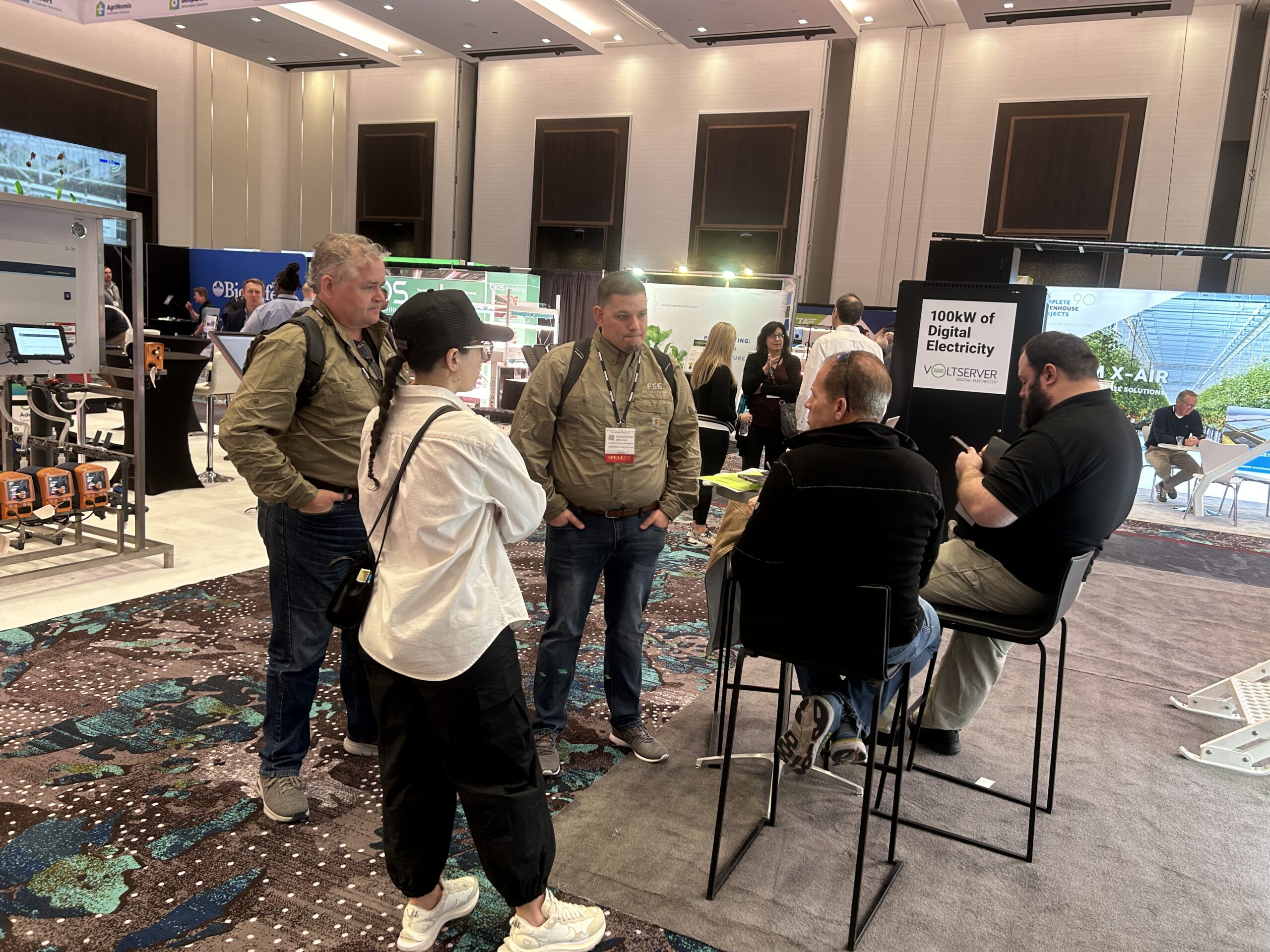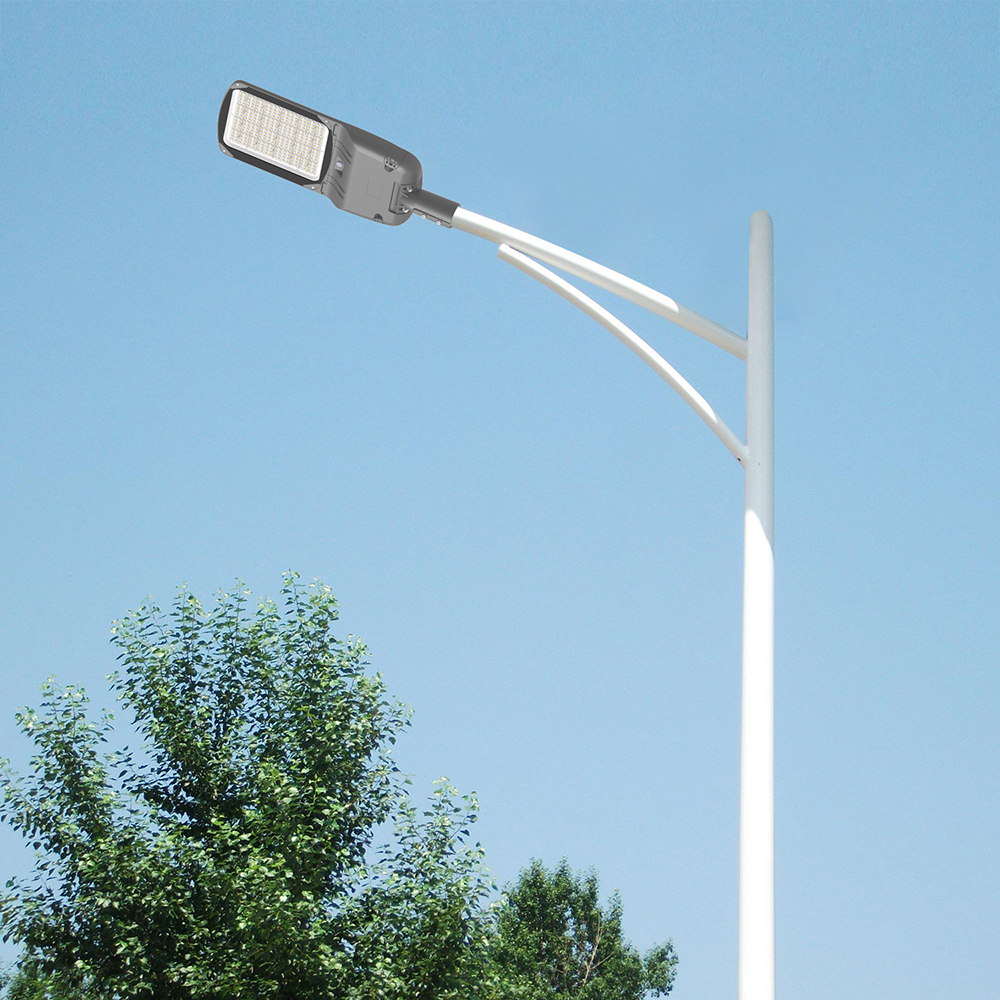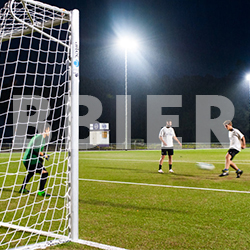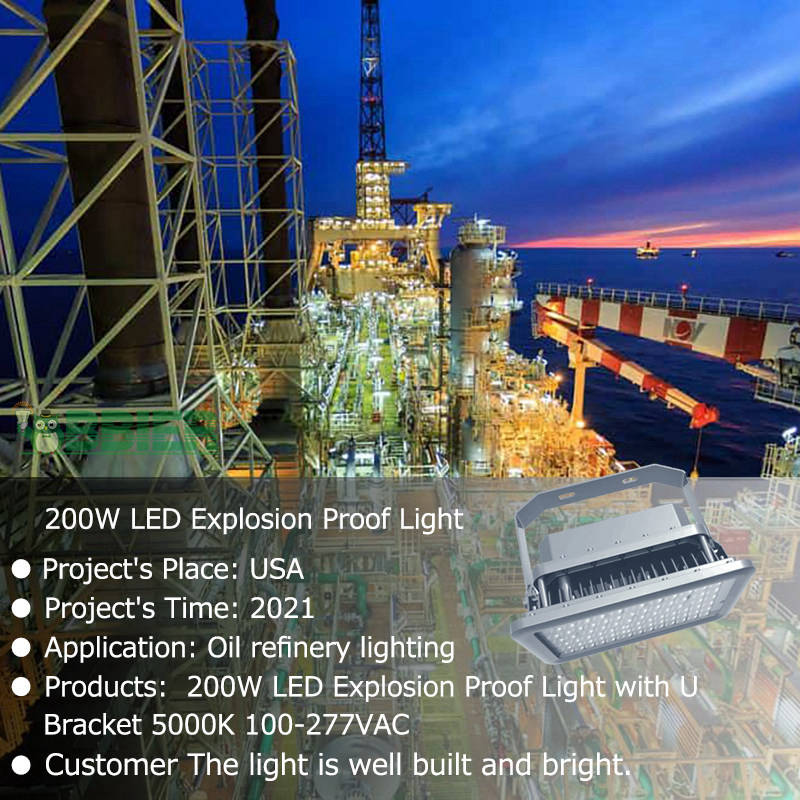If your contractors get the value for money, they will know your schedule. They will know what environment they are working in and how best to install your lighting project while minimizing interference. Make sure they are aware of the midnight shift and explain to them that all equipment and materials need to be cleaned before opening the door in the morning.
“The logistics and progress of lighting projects should revolve around the progress of the facility, not the opposite.”
Experienced lighting contractors will use the best tools and personnel and hand them over to you. You don’t want your lighting contractor to appear on the first day of the project and announce that they need to turn off the power to your building within the next three working days.
The logistics and schedule of lighting projects should revolve around the progress of the facility, not the opposite.
What if it’s different? What if you had a guide instead of staring blankly into the distance? What if you had tools to help you find the right contractor, help you get the right job done, and help you avoid the feeling of impending disaster?
Ask the right questions
The secret is asking the right questions. (See, we said it was easy!)
It’s not any problem. Before starting a project, you need to know the right questions to ask a lighting contractor so that you can know what your project requires and that the contractor you are talking to is a great fit for your project.
What are the lumens of these lights going out?
Lumen is a measurement used to determine the brightness of light. It seems simple, doesn’t it? You need to be interested in the brightness of the light. When you turn on the light switch for the first time, don’t let yourself know how much light your new lights will give off.
Ask the contractor about the lumen output of the proposed system and how its brightness compares to current lighting. Are the numbers similar? Too much lumen (too bright light, for example) is just as annoying as too little lumen (too dark to see your hand, for example). You want the lumen output of the new light to be roughly equal to the current light, so the change isn’t too messy.
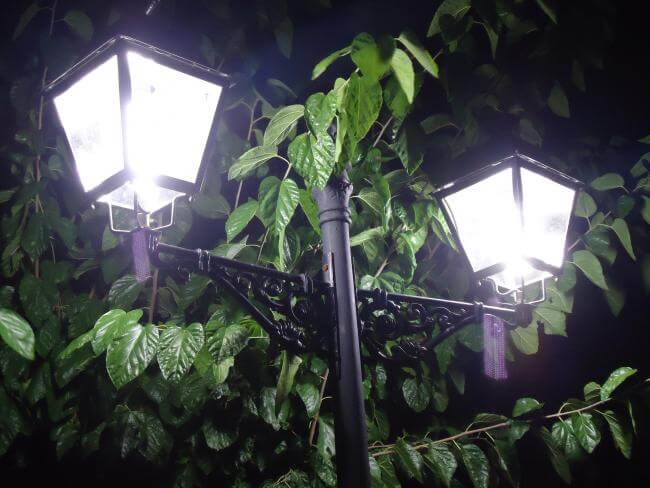
What is a warranty? What does it include?
Three, five, or ten years? Parts and labor, or just parts? How does your new bulb warranty work? What does it include? Equally important, what does it not cover?
The new LED lighting is expected to last for many years, and you need to consider a warranty. Most manufacturers provide a 5 to 10 year warranty for LED bulbs.
If your potential lighting contractor is not aware of this, please be careful! If the number they give you exceeds this range, be sure to ask them. In addition, it should be noted that contractors rarely provide warranties covering labor. Every job has too many variables, and the contractor cannot provide manual assurance, whether for initial or subsequent work.
However, most lighting contractors will provide service plans or discounted labor rates for warranty coverage beyond the initial labor warranty. “A better lighting contractor can even establish a strong enough relationship with the manufacturer to ensure that if the lamp or lamp fails after the initial manual warranty expires, the customer does not incur much responsibility.”.? Make sure your contractor is not only a good contractor, but also a better contractor!
A detailed description of the required warranty. Similarly, if the contractor cannot provide it, please consider it carefully before agreeing to do business with them.
The contractor who installs the luminaire with you will also be the contractor you trust, and they will support the installation of the luminaire in the coming years.
Best question
Great, now that you have mastered a large number of issues, you can use them when looking for lighting contractors. If you ask these questions and get the correct answers, you can eliminate contractors who are more troublesome than valuable.
However, the best questions are those you never have to ask.
Finally, do you really want a contractor who must be forced to tell you simple information? The best lighting contractor is someone who answers all these questions from the beginning before you know what to ask.
BBIER understands Lumens. We will tell you about the current lights, new lights, any differences between them, and why these differences are important.
BBIER understands temperature. We will recommend temperatures and colors that are suitable for your use, not just selecting the cheapest materials.
First, understand the working principle of LED lights. Will your new light communicate with larger systems? We will explain why, or why not.
Pioneer knows how to arrange the installation. Your needs will always come first. “If this means that the installation can only be performed on weekends, evenings, or after work, we will complete it.”.
Pioneer understands the warranty terms. Prior to this, you will receive the manufacturer’s warranty instructions, warranty methods, and the meaning of the warranty to you.
Your professional BBIER expert team will answer all these questions and more in advance. We not only hope that you believe that we know what we are doing, but also hope that you believe that your new lamp is the right decision for your business.
“Wait, why don’t you just ask how bright the lights are?”
Asking “Lumen” can especially help you understand your contractor and the lighting you suggest. The lighting contractor should understand the lumen level of the proposed system. If they don’t do this, there’s really no need to continue asking them questions. The wisest thing to do is to thank them for their valuable time, then slowly retreat, and then flee as soon as possible.
Asking about the word “lumen” can especially help you understand your contractor and the lighting you suggest. Your lighting contractor should be aware of the lumen level of the proposed system.
What is the temperature of your new lighting device?
Quite simply, the “temperature” of light determines its color. The lower color temperature is “warm” (orange/red), while the higher color temperature is “cold” (blue/white). This can be confusing because low-temperature lamps (2000k ¨ C 3000k) have warmer colors, tending to orange and red. The temperature of light is lower, but the color is warmer. Similarly, lamps with higher temperatures (4500k-6500k) tend to have a “lower temperature” when the color tends to blue. A good reference point is that the temperature of direct sunlight at noon is about 5600K.
Just like the question about lumens, let’s tick both options in this question. Does the new lighting temperature level match the current one? Does the contractor know what they are talking about?
If the contractor tells you that the temperature is different, please ask why. Ask if the new temperature is suitable for the tasks you need to complete in space. Make sure the contractor understands your lighting needs. The lighting for entering a church shelter is different from the lighting for entering a hospital.
If the contractor does not know the answer to your question, please evacuate the area as soon as possible.
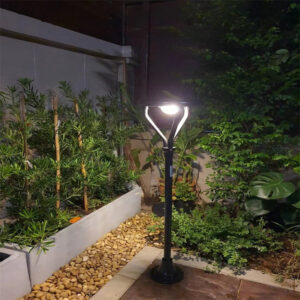
How do the lights turn on and off?
This issue is crucial, especially in the new world of LED lights. Not all LED lights are the same, and their control methods are also different. The hardware for switching lights (and controlling dimming) varies depending on the type of bulb, application, lamp, and manufacturer.
Just as lights are different, the systems that connect them are also different. Many systems are binary: use wall switches to turn them on or off. If you need to dim the lights, what would you do? What if the lighting system is connected to a motion or daylight sensor? When connected to a traditional dimming system, some LED lights will flash uncontrollably. Is the LED lamp recommended by your contractor working properly in your large lighting system? Does the contractor fully understand the purpose of these new lights?
It is not enough for the brightness and color of the new lamp to match the old one. Your contractor may cut corners and propose a lamp that has the same optical characteristics as your old lamp on paper, but lacks controllability. Not all LED lighting is “intelligent” lighting.
If you are installing new LED lighting and are not considering all the new options for controlling these lights, then you are only aware of some of the benefits of the new lighting network.
Who is installing and how?
Your business or building is yours. You know what works best for it, your schedule needs, and all the factors that affect it. Whether it’s a retail store that needs to be ready to receive customers at all times, or an industrial park that operates 24 hours a day, your facilities must be available when you need them.
It’s important to ask this question.
Every lighting project could be a disaster.
I bet you’ve never heard of this from a lighting contractor.
It’s true. In the process of lighting renovation or electrical construction, there are so many factors at play that it is easy to get overwhelmed. We are concerned that we may not have all the information we need to make good decisions.
It’s like taking your car to a mechanic when you’re not a car expert.
Are you frustrated when you know so little about the car that is crucial to your daily life? How do you know you’ve made the right maintenance decision? “We take it for granted when things are going well, but when things go wrong and you hand over the keys to the mechanism, you know it’s going to be a disaster.”
When you’re not a lighting expert, starting a lighting project feels like being at the mercy of a mechanic when you hand over your car keys.
Lighting is an important part of building facilities. Just as we take the car for granted when everything is going well, we ignore the headlights because they always seem to go on just right. We also get frustrated when you need to fix or improve these lights.
Talking to a lighting contractor is like talking to a mechanic: simply agreeing with the contractor’s advice creates the same kind of skepticism you remember in the garage.
Doubt rises in our hearts, and we fear potential disaster.
BBIER®, Professional Commercial LED Lighting LED Dock Lights suppliers, Canopy Lights manufacturers, Corn Bulbs manufacturers, Gas Station Lights manufacturers, Grow Lights manufacturers, Linear Lights manufacturers, Temporary Lights manufacturers, UFO High Bay Lights manufacturers, Explosion Proof Lights manufacturers, Flood Lights manufacturers, Garden Lights manufacturers, Post Top Lights manufacturers, Parking lot lights manufacturers, Shoebox Lights manufacturers, Sport Lights manufacturers, Stadium Lights manufacturers, Street Lights manufacturers, Wall Pack Lights manufacturers, Solar Post Top Lights manufacturers, Solar Street Lights manufacturers, Classroom Lights manufacturers, Emergency Lights manufacturers. We have over 13 years of commercial lighting R&D experience, 50+ LED lights patents, 200+ LED Lights Certifications, Support OEM & ODM, 5 Years Warranty.

